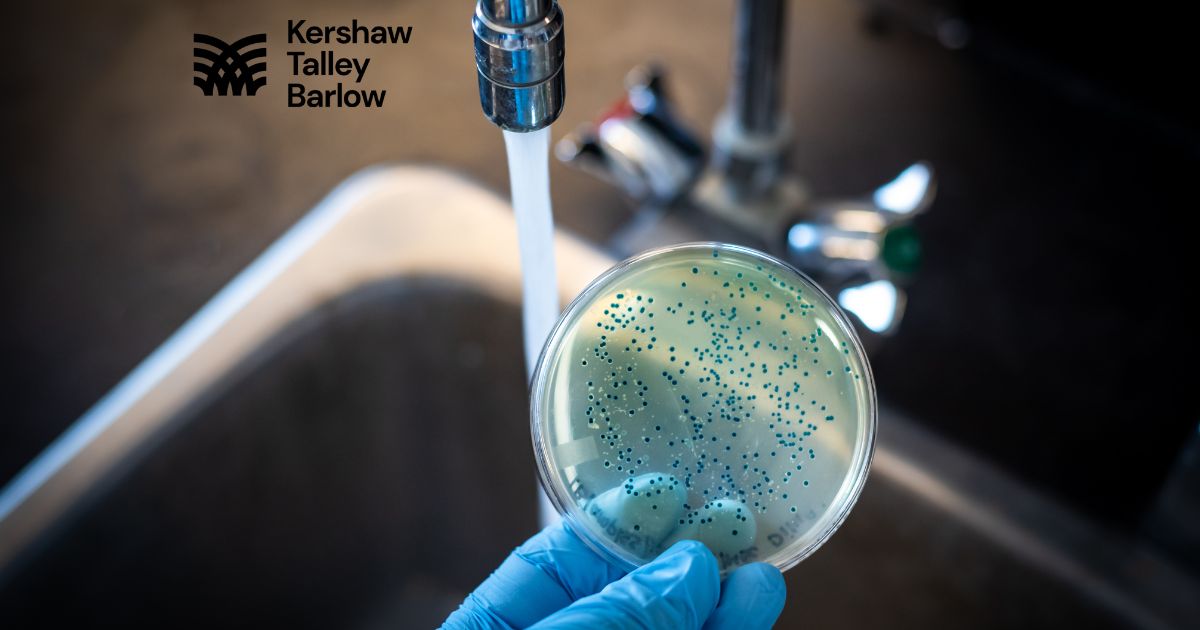Flint Water Crisis
The Flint water crisis, beginning in 2014, remains one of the most severe examples of water contamination in the United States. The crisis began when the city changed its water source to the highly polluted Flint River. This shift caused lead from aging pipes to leach into the potable water supply, leading to extremely high levels of the heavy metal. Ingestion of lead can lead to devastating health problems, particularly in children, such as neurological damage, developmental delays, and learning difficulties.
The Love Canal Disaster
In the 1970s, Love Canal, located near Niagara Falls in New York, was the site of one of the most disastrous environmental tragedies in US history. More than 21,000 tons of toxic waste had been buried in this area by a chemical company in the 1940s and '50s. Over time, the chemicals leaked into the ground and the groundwater, contaminating homes and schools built atop the dump. This resulted in a public health emergency, with residents suffering from high rates of cancer, birth defects and other health issues.
The Cuyahoga River Fires
The Cuyahoga River in Ohio has a notorious history of catching fire due to extreme pollution. One of the most significant fires occurred in 1969, catalyzing the Clean Water Act and the creation of the Environmental Protection Agency (EPA). The river was heavily polluted with oil, sludge, and debris, making it a significant health and environmental hazard.
The Elk River Chemical Spill
In 2014, the Elk River in West Virginia was contaminated with a chemical used to clean coal, known as “Crude MCHM”. The spill, caused by a leak in a storage tank, affected the drinking water of about 300,000 residents in nine counties. The chemical spill led to widespread sickness, hospitalizations, and a ban on the use of tap water for more than a week.
These historical incidents underscore the importance of stringent regulations and enforcement in the domain of water management. As we progress into the future, one thing remains clear - the health of our water sources directly influences the health of our communities.


